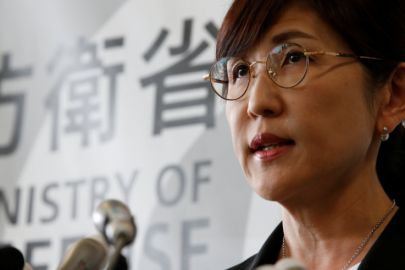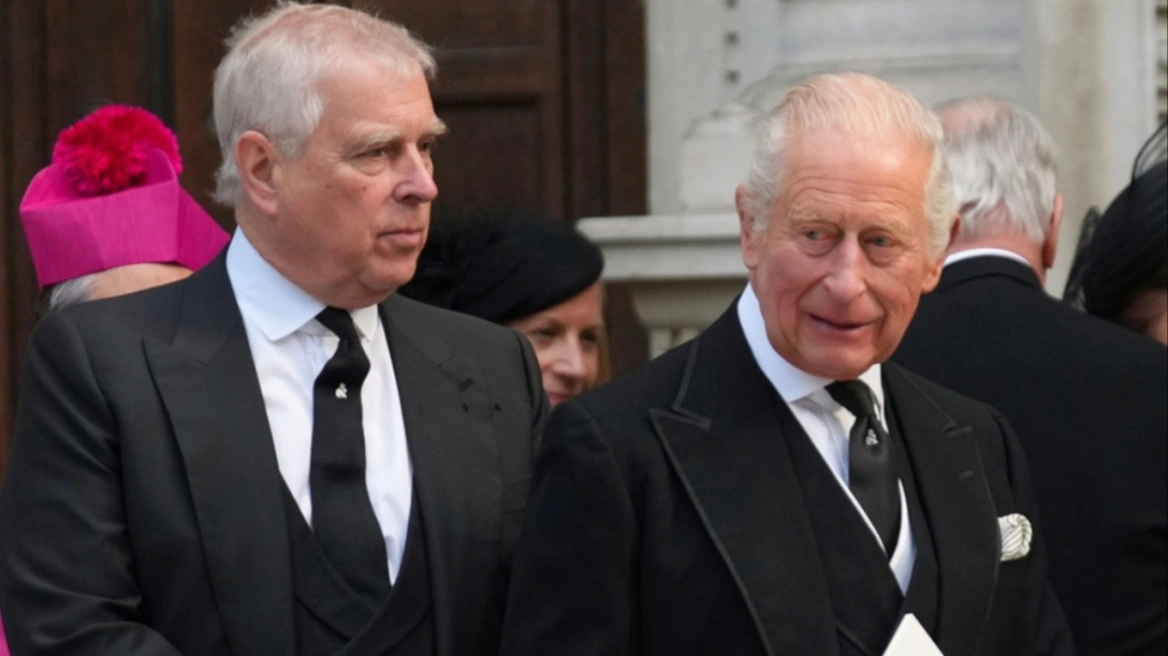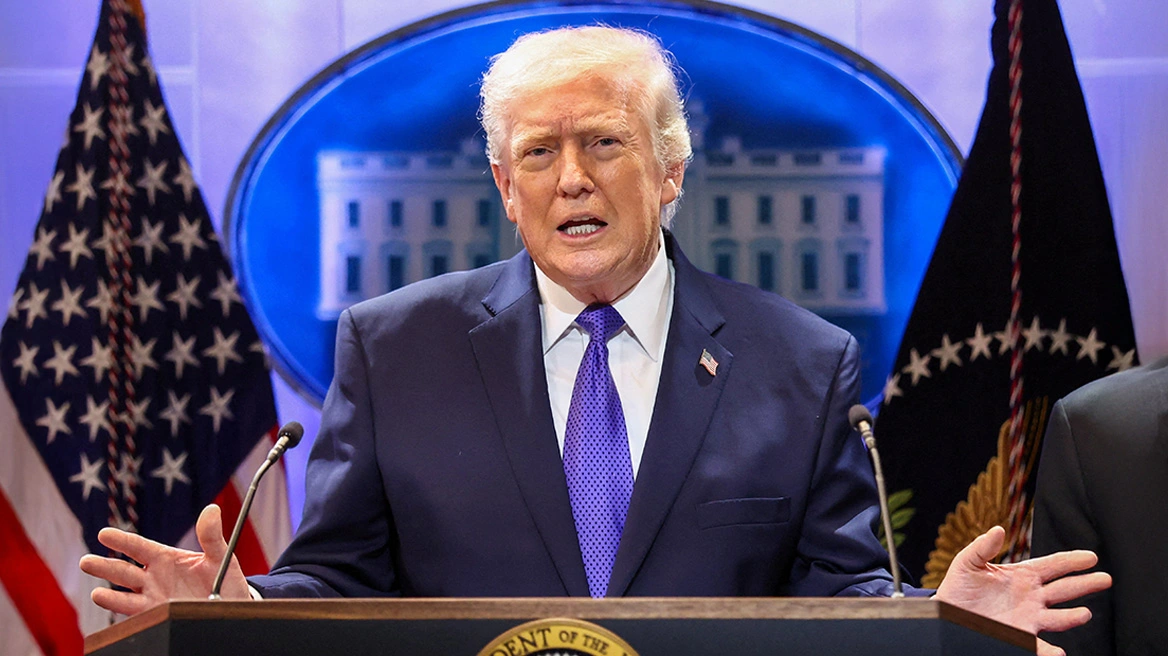Japanese Defense Minister Tomomi Inada, a protégé of Prime Minister Shinzo Abe who was once seen as having a chance to become the nation’s first female prime minister, announced her resignation Friday over a dispute involving peacekeeping operations in South Sudan.
The issues surrounding Ms. Inada have contributed to a sharp fall in support for Mr. Abe’s cabinet, which was above 50% earlier this year but has fallen below 30% in some recent polls.
Mr. Abe said he took responsibility for naming Ms. Inada to the job a year ago. “I would like to apologize for the way this has turned out,” he told reporters at his office.
Opposition lawmakers accused Ms. Inada of trying to cover up an internal document that suggested Japanese peacekeeping forces in South Sudan had engaged in combat, something that is barred under Japanese laws reflecting the nation’s post-World War II pacifism. Ms. Inada denied any coverup but acknowledged on Friday that she had handled the matter poorly.
The Ministry of Defense initially said the document had been lost, but a copy later emerged. It was one of several cases during Ms. Inada’s short term when she had to reverse course on earlier statements.
Ms. Inada had suggested that the nation’s military forces wanted voters to choose the ruling party in Tokyo assembly elections earlier this month—a statement that was widely criticized as a violation of the military’s traditional neutrality in politics. She later withdrew the comment, and the party suffered a heavy defeat in the election.
Mr. Abe has also been hurt by accusations, which he denies, that his government helped a longtime Abe friend open a veterinary school.
The debate over the South Sudan mission highlighted the sensitivity of military issues in Japan. Mr. Abe has proposed revising the nation’s constitution, which prohibits the use of force to settle international disputes, and pushed through a law in September 2015 that enabled Japanese forces to cooperate more closely with U.S. allies outside of Japanese territory.
The U.N. keeps about 12,000 troops in a peacekeeping operation in South Sudan, which became engulfed in conflict in 2013 after gaining independence in 2011. Japan at one point contributed about 330 engineers before pulling out in May.
The question of whether Japanese forces had been ensnared in fighting in the country in July 2016 occupied much of Parliament’s attention in the spring of this year when the document mentioning “combat” emerged.
Ms. Inada’s resignation came a day after opposition leader Renho of the Democratic Party said she was stepping down. The twin resignations marked a setback for high-level political representation by women in Japan. Only around 10% of members of Japan’s parliament are women, compared with a global average of about 23%, according to data compiled by the World Bank.
The departure of Renho, who goes by a single name, showed that despite his troubles, Mr. Abe is likely to hold on to power for now because the leading national opposition force has also failed to capture voters’ support. Renho’s party also did badly in the Tokyo vote, while a local party led by Gov. Yuriko Koike captured the most seats.
Ask me anything
Explore related questions





